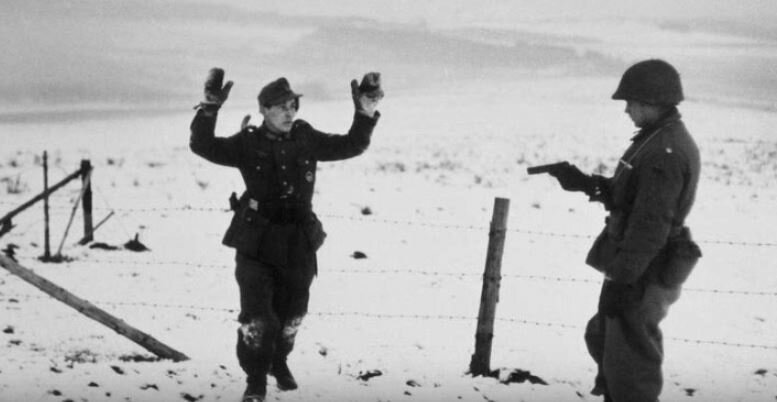The Band Alt-J recorded very popular songs like Breezeblocks in 2012 (with about 120 million views on the band’s official channel on YouTube). That same year, the band released another song far less known – but fascinating.
The song was named Taro, The song has a fascinating background story:
The song was written about the life and death of the two lovers – Robert Capa and Gerda Taro.
Taro was born in 1910 into a Jewish family in Germany. In 1933 she was arrested due to political activities against the Nazi regime. After Taro was released, she fled to Paris, where she met Robert Capa. Capa, Hungarian born Jew (who was born named Andrew Friedman), fled to Germany and then to Paris in 1933 as well, where he continued his career as a photographer of war. Over time, the young couple fell in love, and with this love, Taro Love has emerged to Capa’s profession of war photography. Within a few years she mastered the profession and became one of the first women in the field of war photography, and sadly at the age of 27 she was the first woman that was killed while fulfilling her job (in the Barnett 1937 as part of the Spanish Civil War).
Kappa paid this heavy psychological cost – not only lost the the love of his life, he also blamed himself for her death – since he was not there with her. Despite the loss and pain, Capa went on to document the Spanish Civil War till the end of the war.
Capa photographed many more wars, including World War II.
Capa was killed in the line of duty as a photographer War Indochina War in 1954, at age 40, when he ran over a mine.
Capa managed to stay true to his principals – in his eyes, it was crucial to document the war from the perspective of an average soldier and accordingly, he would say:
“If your photographs are not good enough, you’re not close enough”.
The band Alt-J decided to release a song dedicated to this couple who loved one another and was also devoted to their work, Ultimately they paid this remarkable devotion with their life.
The song (along with Capa’s photographs):
